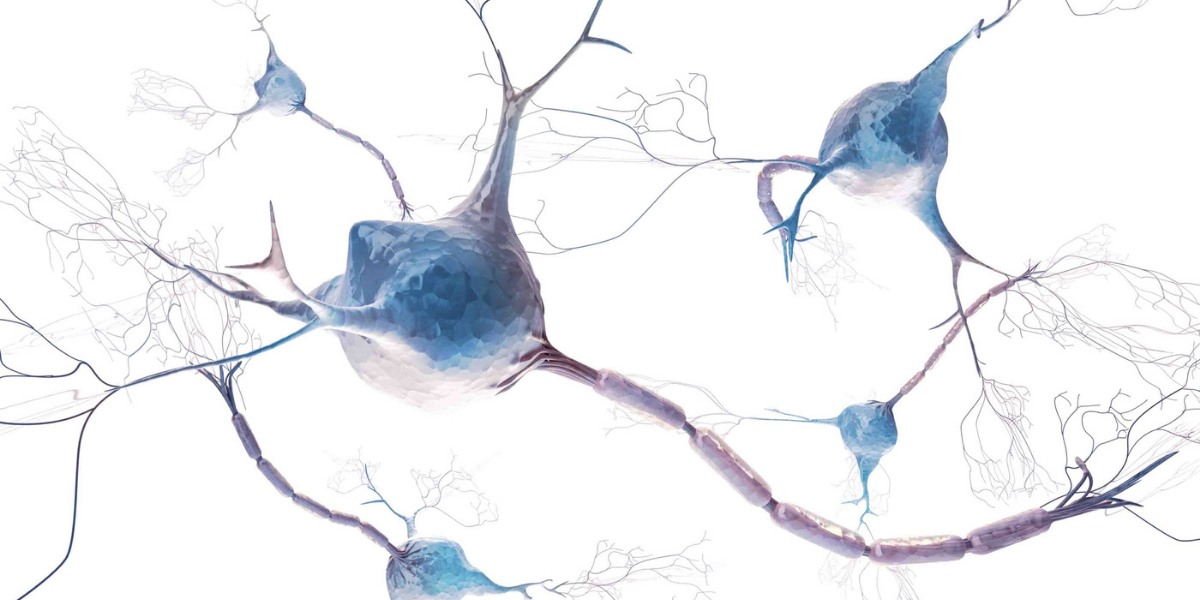Spinogenix Announces Grant by U.S. Department of Defense to Advance Novel Drug Candidate in Amyotrophic Lateral Sclerosis (ALS)
SAN DIEGO, Calif., Jan. 05, 2021 — Spinogenix, Inc. a preclinical-stage biopharmaceutical company developing novel small molecule drugs for neurological conditions, today announced that it will be collaborating with Dr. Rita Sattler at the Barrow Neurological Institute and Dr. Justin Ichida at the USC Keck School of Medicine on a grant awarded from the U.S. Department of Defense’s (“DOD”) Congressionally Directed Medical Research Programs (“CDMRP”) to evaluate its lead development candidate in ALS.
The DOD grant will be used to study the effects of Spinogenix’s lead compound in human iPSCs (induced pluripotent stem cells) from patients with ALS and from healthy volunteers. Additional experiments will be conducted in animal models of ALS.
Spinogenix’s lead drug candidate has a unique mechanism of action wherein it induces an increase in synapses, the key connections between neurons that allow us to think, plan, remember and control motor functions, faculties that are diminished in neurodegenerative diseases including ALS. “We are pleased that the DoD has recognized the potential of our novel drug candidate to change the course of disease progression in ALS,” stated Stella Sarraf, Ph.D., Founding Chief Executive Officer at Spinogenix.
There is an unmet need for new innovative therapeutics for ALS (Lou Gehrig’s disease) which is almost invariably fatal within 3-5 years of diagnosis. The therapies that are currently approved for ALS provide very modest extension of life of several months and are not well tolerated by all patients.
Dr. Merit Cudkowicz, Director of the Sean M. Healey and AMG Center for ALS at Mass General Hospital, commented, “Spinogenix’s novel approach has the potential to demonstrate that replacing lost synapses may result in drugs that can provide a meaningful benefit for patients with ALS.”
About Spinogenix, Inc.
Spinogenix was founded in 2016 with the mission to develop transformative therapeutics for diseases involving synaptic loss and dysfunction. Our drugs are designed to regenerate synapses to reverse declines in cognitive and motor function to impact the disease and fundamentally change treatment paradigms by restoring neuronal connections regardless of the underlying cause of synapse loss. Synapse loss is associated with a variety of neurological and psychiatric diseases, such as ALS, Alzheimer’s disease, Parkinson’s disease, schizophrenia, and depression.





















Tell Us What You Think!